Many Toronto homeowners appreciate artificial turf due to its ability to endure extreme weather and emerge from winter looking perfect. You don’t have to worry about frost damaging your grass, but there are some steps to complete throughout winter to ensure your artificial turf is in its greatest condition for spring. Read further to find out more.
FREQUENTLY ASKED QUESTIONS
Let’s get started with a few of the most common questions we get as we install artificial grass in Toronto. Particularly, questions regarding caring for your grass in the freezing weather.
WHAT DOES SNOW DO TO SYNTHETIC GRASS?
Ice shouldn’t have a significant influence on your artificial grass. It’s entirely okay to play or walk on it if there is a layer of snow. The blades may lay flat beneath the weight of the snow, but it generally bounces back up on its own or, in some rare scenarios, with a bit of extra help from a power broom. Snow will not alter the color or affect the synthetic lawn.
WILL FROST DAMAGE MY SYNTHETIC TURF?
No, frost will not harm artificial grass. The individual turf blades do freeze in intense cold, walking on it through the winter would not cause any problems. When spring arrives and there’s no additional chance of frost, you can take a strong broom to bring it back to life.
DO I NEED TO COVER MY SYNTHETIC GRASS?
You do not need to cover your artificial turf, but you absolutely can if an abnormally harsh winter is anticipated in Toronto. Just remember that you won’t have to cover areas that are being used because ice will make tarps slippery and unsafe to walk on.
CAN I SHOVEL SNOW OFF SYNTHETIC GRASS?
No, you should avoid shoveling snow off of your turf unless absolutely necessary. If you do need to clear a path, choose a handheld blower to remove any debris or snow.
CAN I USE SALT OR ICE MELT ON MY GRASS?
You should not utilize any ice melt salt on your artificial grass. Salt can clog up the drains in the backing system and badly affect your lawn’s drainage capabilities. The caustic salt and chemicals can also break down the backing system, causing turf blades which start separating from the backing. We strongly advise you to let snow melt on its own for the desired results.
WILL SNOW MELT QUICKER ON ARTIFICIAL TURF?
Synthetic turf surfaces can get warmer than organic grass, that means that a couple of inches of snow will melt quicker than it would on organic turf. Because artificial grass is equally spread, it enables improved aeration to accelerate the snow-melting process.
DOES ARTIFICIAL TURF GET ICY?
Not really, however, just like regular grass, some artificial surfaces can get slippery in freezing weather. Thus, you should use the same caution you do stepping on any wintery surface, especially if Toronto has been experiencing freezing rain.
WHAT STEPS SHOULD I TAKE PRIOR TO SNOWFALL?
You should surely do a good autumn maintenance routine before any snowfall. Getting rid of organic materials like leaves, branches, etc., are a must. You can check out our full guide for cleaning your artificial grass to get specifics on what to do. Performing Southwest Greens maintenance in the spring is always a great time, making sure your surface is ready for the warmer months to come.
MORE QUESTIONS?
Ask our professionals! We’re happy to answer any questions you might have regarding maintaining your beautiful yard. Connect with us right now with your lingering questions.
